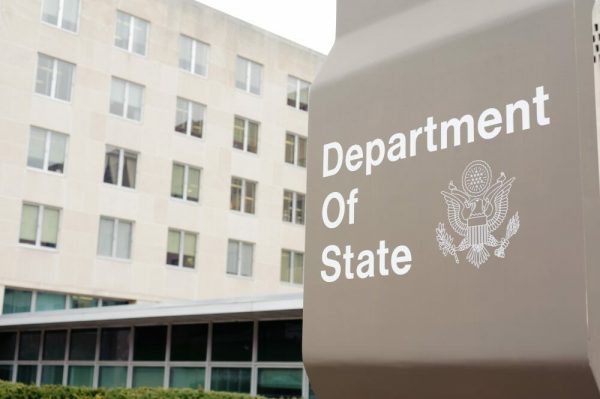Briefing:
Secretary Pompeo, in consultation with the Department of Homeland Security, has temporarily expanded the ability of consular officers to waive the in-person interview requirement for individuals applying for a nonimmigrant visa in the same classification.
- Previously, only those applicants whose nonimmigrant visa expired within 12 months were eligible for an interview waiver. The Secretary has temporarily extended the expiration period to 24 months. This policy is in effect until March 31, 2021.
- This change will allow consular officers to continue processing certain nonimmigrant visa applications while limiting the number of applicants who must appear at a consular section, thereby reducing the risk of COVID-19 transmission to other applicants and consular staff.
- Travelers are encouraged to review the website of the nearest U.S. embassy or consulate for detailed information on what services are currently available as well as eligibility information and instructions on applying for a visa without an interview. Thank you.
For questions about consular visa processing, please contact your WR attorney.
Sources:
- U.S. Department of State, December 29, 2020, https://travel.state.gov/content/travel/en/News/visas-news/expansion-of-interview-waiver-eligibility.html
- See also: U.S. Department of State, December 30, 2020, https://travel.state.gov/content/travel/en/News/visas-news/phased-resumption-routine-visa-services.html


